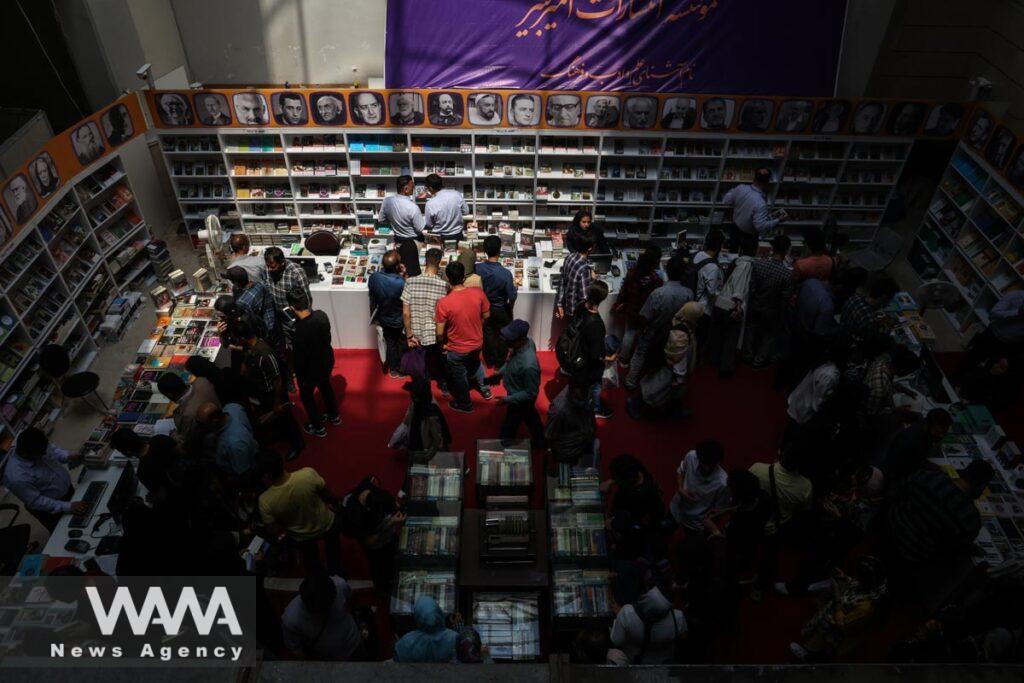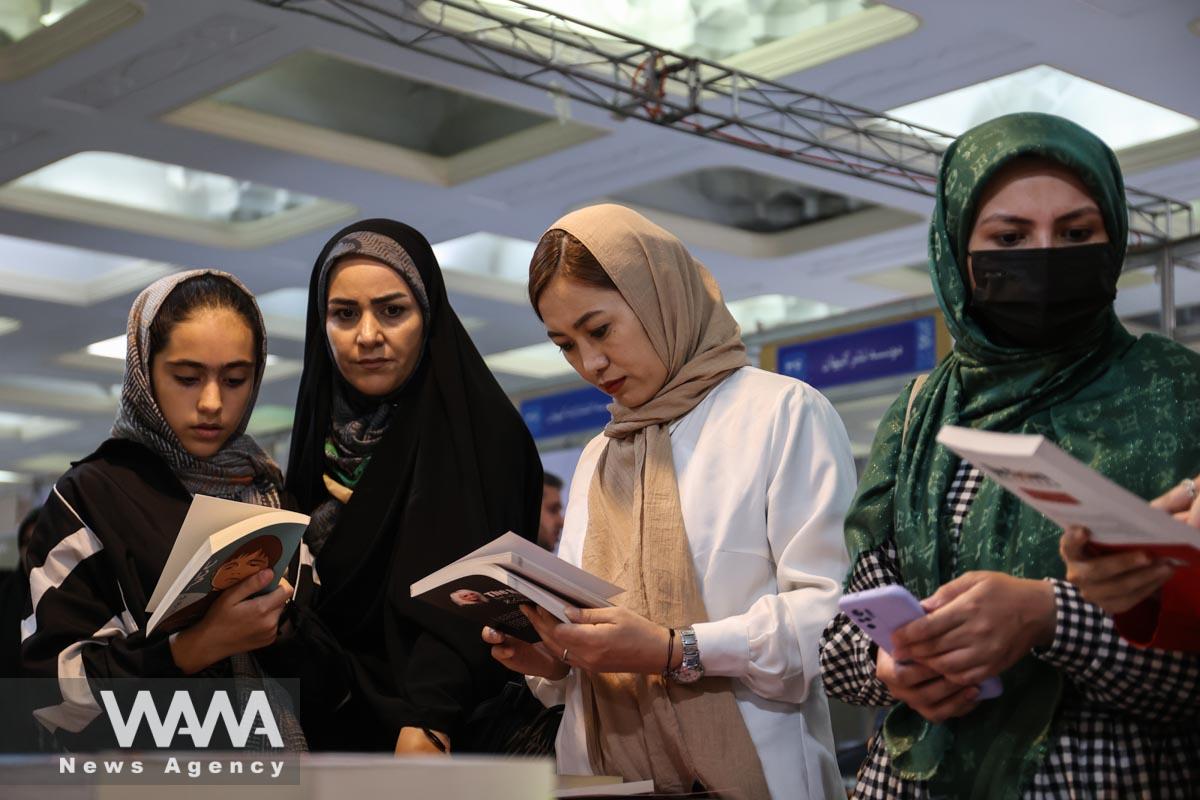Book Fair, The most significant cultural event in Iran
WANA (May 12) – One of Iran’s most significant cultural events is held every year in May. This great event hosts book lovers. Tehran International Book Fair started with the presence of more than 1,500 publishers. This year, for the second time, 1,200 publishers present their books in virtual form in addition to the in-person book launch.
“The future is readable” is the slogan chosen by the officials of this exhibition. They believe that it means that the progress of human societies depends on more and better reading.
Three thousand book suppliers, about 100 foreign publishers, 200 booksellers, and 2700 domestic publishers are attending this exhibition. One hundred foreign publishers offered their 45,000 book titles to the audience from 2015 to 2023, a 40% increase compared to the last time.
The first edition of the Tehran Book Fair was held in 1987 during the Iran-Iraq war. At the time, Two hundred domestic publishers with 8 thousand book titles and 196 foreign publishers with 26 thousand were actively present in this exhibition.
Holding the annual book fair on days when people, especially the young and teenagers, are often away from books and paper can be a reason to motivate them to read. The most crucial goal of this exhibition is to attract people’s attention to the habit of reading books.

Iranians visit the International Book Fair in Tehran, Iran, May 12, 2023. Majid Asgaripour/WANA (West Asia News Agency)
Per capita reading in Iran is an average of 18 minutes per week. According to the Tehran Statistics and Survey Center statistics, per capita daily reading in Tehran is 16 minutes and 36 seconds and one hour and 54 minutes per week.
It is said that Yazd has the highest study per capita, with 15 hours and 16 minutes, and Bushehr is at the end of this list with 2 hours and 40 minutes among the provinces of Iran.
In the latest surveys recorded in 2018, countries such as India, Thailand, China, the Philippines, Egypt, the Czech Republic, Sweden, France, Hungary, and Saudi Arabia are among the most book-reading countries.
Statistics published in 2018 show that European and Western countries are not interested in studying as in the past and spend less than 6 hours a week studying.
- Iranians visit the International Book Fair in Tehran, Iran, May 12, 2023. Majid Asgaripour/WANA (West Asia News Agency)
- An Iranian woman looks at books during the International Book Fair in Tehran, Iran, May 12, 2023. Majid Asgaripour/WANA (West Asia News Agency)
- An Iranian woman looks at books during the International Book Fair in Tehran, Iran, May 12, 2023. Majid Asgaripour/WANA (West Asia News Agency)
















User comments